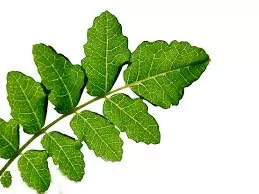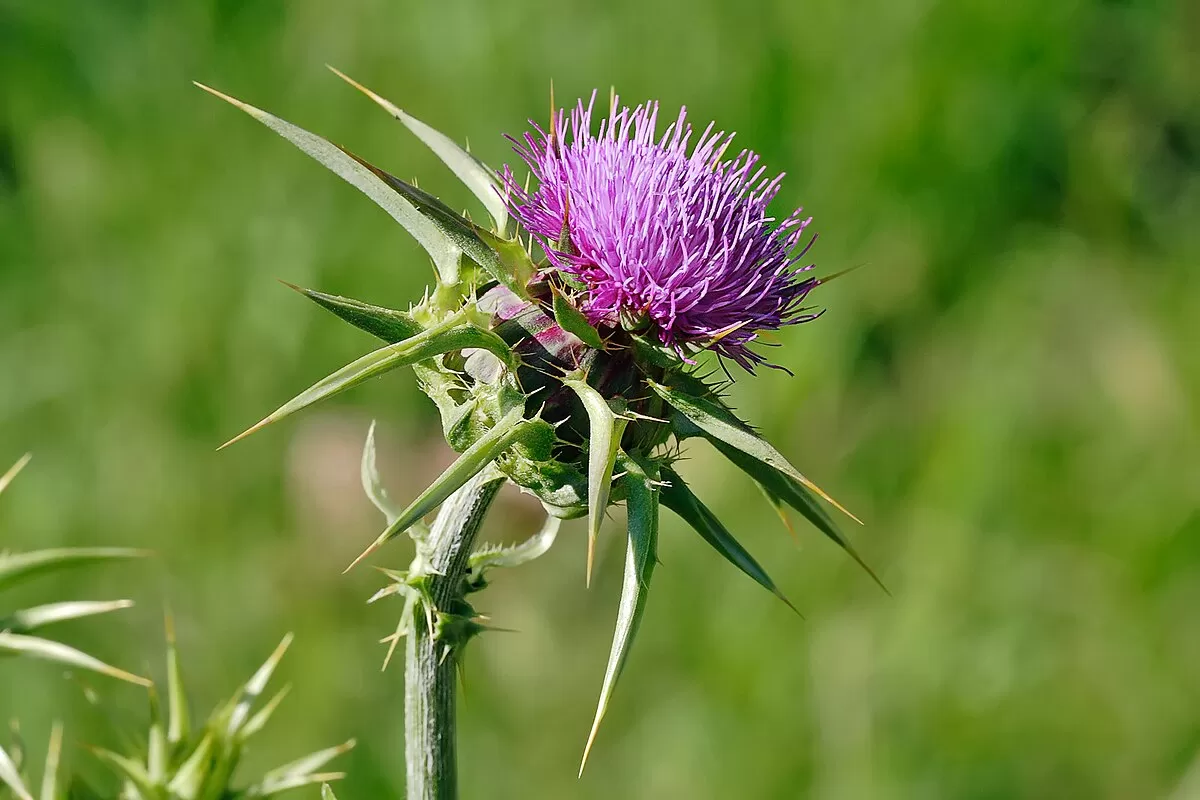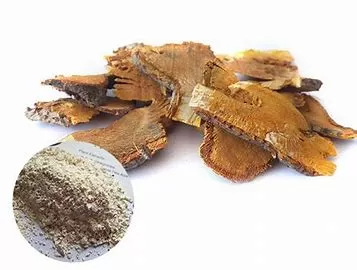- 0086-571-85302990
- sales@greenskybio.com
Debunking the "Nature's Ozempic" Label: Berberine's True Potential
2025-04-23
The phenomenon of labeling berberine as "nature's Ozempic" has permeated social media, yet this catchy moniker may mislead and overshadow the compound's genuine benefits. While its origins are murky — attributed to some influential voice on TikTok — its persistence has fueled misconceptions regarding berberine's capabilities, notably in weight loss comparisons.
The Real Story of Berberine
Berberine is a vibrant yellow compound sourced from various plants, most notably Indian barberry. Traditionally used in Ayurvedic and Chinese medicine, berberine has been employed for its antidiarrheal, antiprotozoal, and antimicrobial properties. Modern usage in China has extended to support diabetes treatment, as berberine activates the AMPK pathway, enhancing glucose uptake and energy enzyme stimulation. Unlike Ozempic, which works by mimicking GLP-1 to curb appetite and slow digestion, berberine’s mechanism significantly differs.
Reassessing Berberine’s Benefits
Medical professionals, including Dr. Spencer Nadolsky, caution against equating berberine with GLP-1 agonists like Ozempic for weight loss. They emphasize its pronounced effects on glucose and lipid metrics rather than substantial weight reduction. Comparable to metformin, berberine shares common pathways in metabolic regulation through AMPK, but lacks the extensive cardiovascular outcome trials that sway clinician endorsements confidently.
While initial research showed promising results similar to some anti-diabetic drugs, long-term evidence remains sparse. Ethical considerations deter physicians from recommending berberine as a standalone substitute for established pharmaceuticals until more comprehensive studies prove its efficacy and safety.
Addressing Variability and Future Potential
Berberine's effectiveness varies widely among individuals, often leading to pronounced gastric side effects for many users. Shawn Wells, a supplement formulator, highlights this bio-individuality linked to varied gut microbiomes, impacting berberine's conversion into its active metabolite, dihydroberine. In collaboration with NNB Nutrition, Wells developed GlucoVantage, a dihydroberberine form reportedly offering enhanced bioavailability.
Berberine holds promise beyond weight management, with potential in areas like blood sugar control and longevity, echoing metformin's effects. The AMPK pathway is pivotal for energy, resilience, and increased genetic expression promoting longevity, strengthening berberine’s potential din alignment with longevity supplements rather than weight loss alone.
Exploring Complementary Roles with Pharmaceuticals
Wells speculates on berberine or related compounds aiding transitions off GLP-1 medications, a largely uncharted research area. Future trials might reveal nutraceuticals as adjunct tools during pharmacological tapering, helping maintain benefits while reducing medical dependencies.
In conclusion, while the tag "nature’s Ozempic" may attract attention, it oversimplifies and potentially mischaracterizes berberine’s true strengths. Ongoing research and innovative formulations might redefine berberine's role in health, highlighting its distinct advantages apart from the weight loss narrative.
-
Passion Fruit: Health Benefits and Enjoy
2025-04-23














